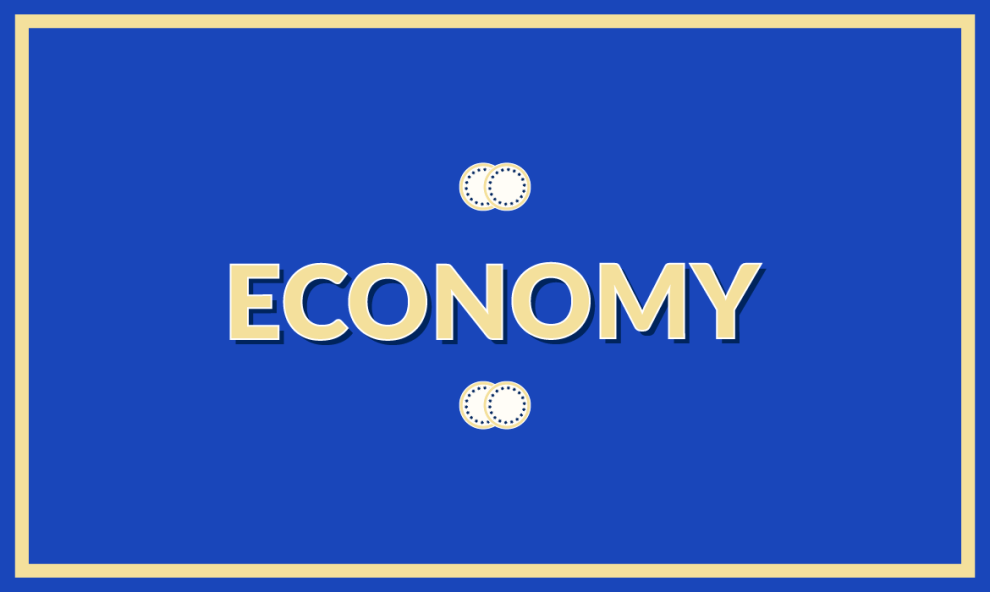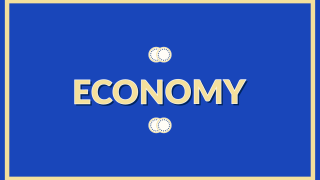The discussion on minimum wages is increasingly less realistic and more electioneering. And ever more risky. Of course, our politicians are fully within their rights to propose ideas and set forth their propositions, but that does not make their proposals viable which, despite sounding attractive, are highly irresponsible.
In one of his many brilliant phrases, those that capture an entire world view, David Konzevik affirms that “today, like yesterday, there are the many poor in income. The great difference is that the poor today are rich in information and millionaires in expectations”. What the promoters of the minimum wage increase are doing is stirring up those expectations. What they don’t recognize is that we live in a globalized world where salary is nothing more than a relative price that, in its current condition, maintains political stability. Raising the salary without solving the structural problems lying behind them is nothing other than fostering unemployment, just at the most dangerous time for the Mexican economy in over two decades.
Let us begin with three indisputable truths: first, Mexico is inserted into the global world and a good part of Mexicans’ incomes derive from exports; as evidenced in the crisis of 2009, when demand for Mexican exports falls, the whole country suffers. It is clear that all of us would benefit from a more vigorous internal market, but it is equally obvious that this is not easy to achieve. The country’s true deficit lies in structures stiff in the joints that tether us to the past instead of helping to take a leap forward, just as exporters and the like have already done.
In second place, the price of technology is undergoing a vertiginous fall throughout the world. By definition, the entrepreneur will always optimize the use of his resources: he will utilize the combination of goods that minimizes his costs. Thus, while in the U.S. (with high salaries) a sole individual is left in charge of a parking lot and will utilize a great deal of technology (automatic gates, cash machines, etc.), in Mexico we park in vacant lots, with legions of cheap laborers. That is what produces the relative price of manpower and capital. Altering the equation by increasing salaries could lead to the disappearance of poor businesses or, for the minority with financial capacity, to a technological transformation that would imply the evaporation of innumerable jobs. No trivial matter.
The third reality is that the country is competing with the rest of the world. Independently of the nationality of a company or of an entrepreneur, what counts for seeing an investment through are the advantages and opportunities (or the opposite). Among these it is obvious that factors such as the market (and access to other markets) and installation and operational costs are all key elements for the businessman’s decision to make and investment.
If under these conditions the minimum wage is raised by political decision, the consequences would be the foreseeable ones, while the minimum wage will inevitably produce a fall in the demand for employees without knowledge or capacities that distinguish them from others (in the world) to be in turn replaced by the inputs that has been made relatively cheaper, that is, the technology. This is not a theoretical phenomenon: it is what has been seriously affecting, on occasion devastatingly, worldwide employment levels. The first line of contention, the first who would lose the job, would be precisely workers who engage in repetitive tasks, i.e. most Mexican workers.
Ignoring the impact on employment would imply supposing that there is no flexibility in the labor market: that is, that the demand for workers is equally independent of the salary. However, the current (implicit) strategy in Mexico in terms of both low nominal and real salaries is in a tie with low productivity and its efficiency tends to decrease. The only way to break this vicious circle is to raise productivity in systematic fashion. The federal government has addressed this in the rhetoric but has not produced much concretely. It would be very risky to raise the minimum wage without having resolved the causes of low productivity.
It is evident that there are enormous differences of productivity within the Mexican economy. Each company and sector will entertain distinct possibilities of raising salaries, which invites a rather different solution: to liberalize the control on minimum wages: were these to be freed, some companies could raise the salary immediately; if all are obliged to do this, the result would be unemployment. On the other hand, the unique definitive solution would reside in creating mechanisms and conditions to transform the productive plant, acquire modern technologies and reduce their costs. Of course, such a strategy could only be successful on rapidly and radically raising the capital of persons, that is, their education and capacity to compete. Without that, the quandary would be better employment with low salaries or higher salaries with less employment.
There are numberless mechanisms that the government could activate in order for companies to have greater information and for them to better prepare for competing in this world. Under the current economic, social and insecurity conditions, artificially raising the salary would imply not only an increase in unemployment but also the creation of additional incentives for the illegal and criminal job market that everybody knows lies in wait just around the corner.
Work vs. Technology






Comments